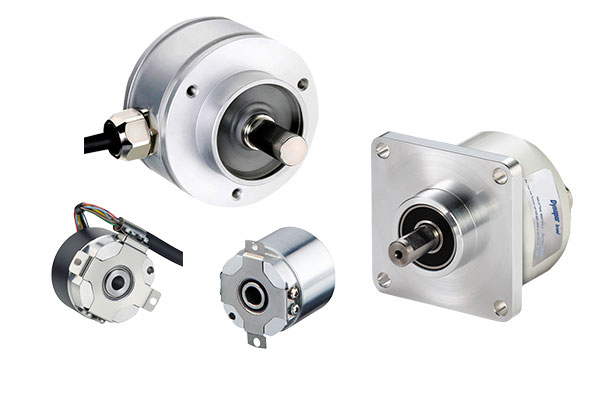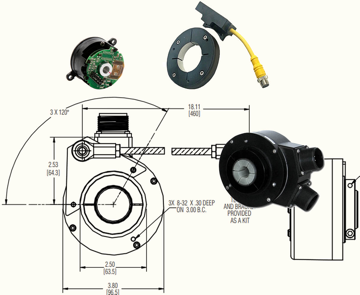A single ended signal simply transmits an electrical signal, in the form of varying voltage (A, B, and Z pulses), over one wire while the other wire is grounded. Single ended is the most cost-efficient option to implement because fewer wires are required for transmitting multiple signals. However, single- ended signaling can create “noise” by design.
Differential signaling transmits electrical signals using two complementary signals, each in its own conductor. The receiver responds to the electrical difference between the two signals (A-, B-, Z- pulses). Differential signaling provides extra noise immunity and is less effected by EMI (extra magnetic interference) than the single- ended option.

